In Parashat Vayishlach, Ya’akov is returning home. Twenty years earlier, he tricked his father, stole the blessing from his brother, Esav, and ran away. For 20 years he has held onto the hope that, given time, Esav’s anger would abide.
As he journeys toward home, Ya’akov learns that his brother, Esav, is heading his way with 400 men. Ya’akov sends fleets of animals to greet his brother — gifts to assuage his anger. He arranges his family, wives and children, full in number. Finally, he presents himself, bowing to the ground seven times.
Esav’s response is surprising. He embraces his brother. Kisses him. They weep together. Is 20 years enough time to erase the pain of a stolen birthright? Could a fleet of animals have warmed Esav’s heart? To be sure, Esav is overwhelmed. “Looking about, Esav saw the women and the children. ‘Who,’ he asked, ‘are these with you?’ “ (Genesis 33:5). As it turns out, Esav has become a brother-in-law and uncle many times over. “And what do you mean by all this company which I have met?” (Genesis 33:8). He is perplexed by the number of animals representing Ya’akov’s wealth and prosperity. He might even be stunned by Ya’akov’s generosity, amazed by all that has transpired since Ya’akov ran away.
And in the midst of animals, wives and children, two brothers acknowledge a new reality:
Yesh li rav, Esav says. “I have enough. Let what you have remain yours.”
Yesh li kol, Ya’akov says. “I have plenty. Please accept.”
And suddenly, where once there was only enough for one, it seems there is enough for everyone. Twenty years earlier, a perceived scarcity was the source of great fear and anger, dividing the family. Twenty years later, surrounded by family and livestock, both brothers proclaim, “I have what I need,” and they embrace.
There is something magical about this declaration, “Yesh li kol.” I have enough. I have everything I need. In Parashat Vayishlach, it transforms a scene between brothers. On this Shabbat, perhaps it might serve as a tool of transformation for our lives, as well.
We are constantly besieged by messages that we do not have enough and that we are meant to acquire more. Our perceived inadequacies can spawn deep fear and anxiety. What would it take for us to look at our possessions, our relationships, our surroundings, and proclaim aloud, “I have enough?” Yesh li kol. What would it take for us to let go of our fears that we are not enough — that we do not have enough — and embrace who we are and what we have? How might such a declaration change our lives and the lives of those around us?
Yehudah Aryeh Leib Alter (1847-1905), also known by the title of his main work, the Sfat Emet, adds an additional insight into yesh li kol (note: he translates kol as “all”): “But how can any person say ‘all’? Surely there were some things that he didn’t have! But for the one who is attached to the upper root, whatever he has is ‘all.’ ” It makes no difference whether we have more or less. It’s about value. It’s about believing that what we have — the sum total of blessings in our life — is “all” or “enough” instead of “part” or “almost.” And then, just like Esav and Ya’akov, it’s about declaring it aloud and acknowledging a new reality.
As one of many committed to the pursuit of justice, placing great emphasis on moving from the world as it is to the world as it could be, I look forward to Shabbat as a time when I can state aloud: Yesh li kol. I have enough. If only for a day, yesh li kol. Because in that moment of transformation, when scarcity becomes abundance, I remember that there are resources waiting for me on the other side of Shabbat. In that moment of declaration, I am inspired by the possibility that our words can shape a new reality. In a space where I allow myself to rest and reflect, I can gather the strength to re-enter the week and continue the work of rebuilding a broken world.
The Sfat Emet adds that Shabbat is exactly the time when “all [our] desires are fulfilled” and we lack for nothing. On this Shabbat of Vayishlach, may we be blessed with the time, space and awareness to proclaim, yesh li kol. May it be a tool of transformation for us all.






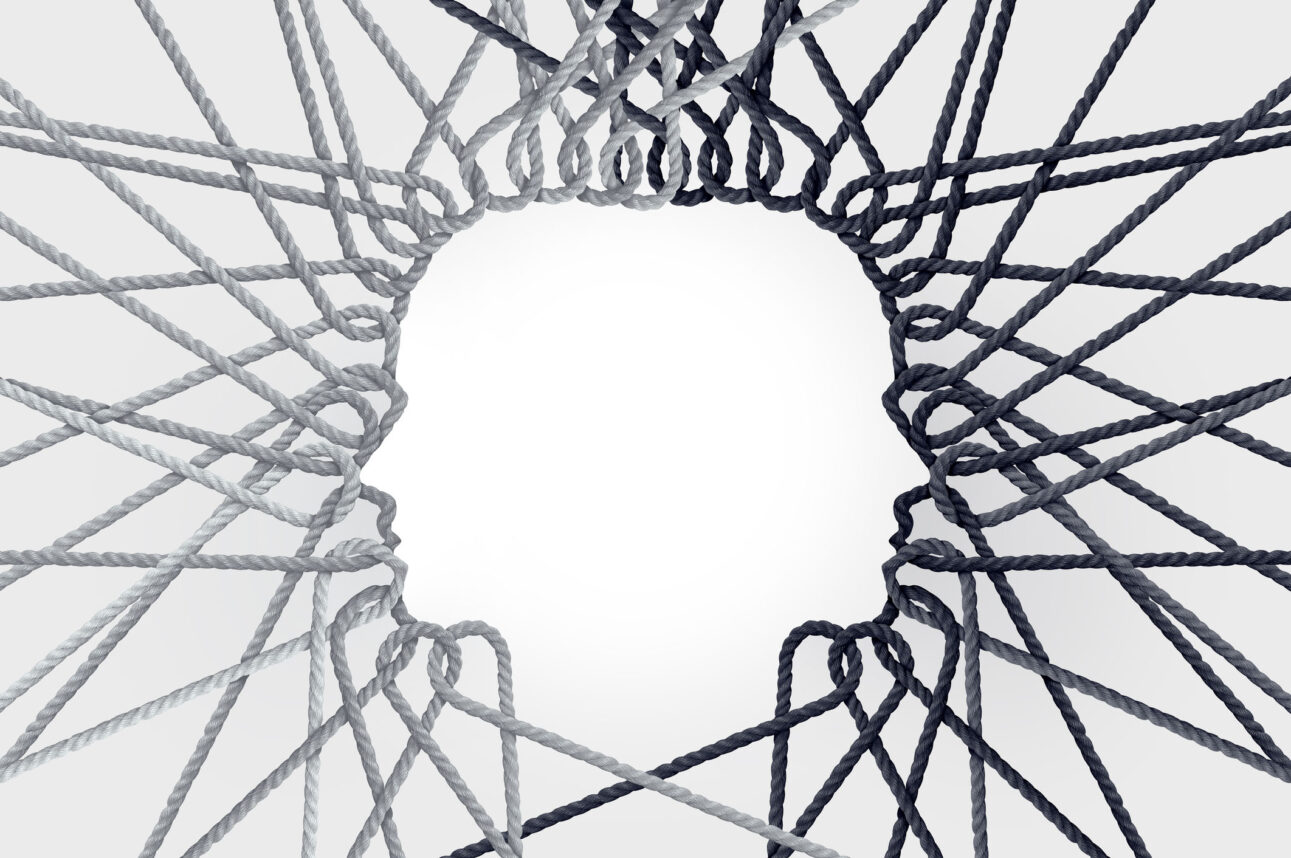
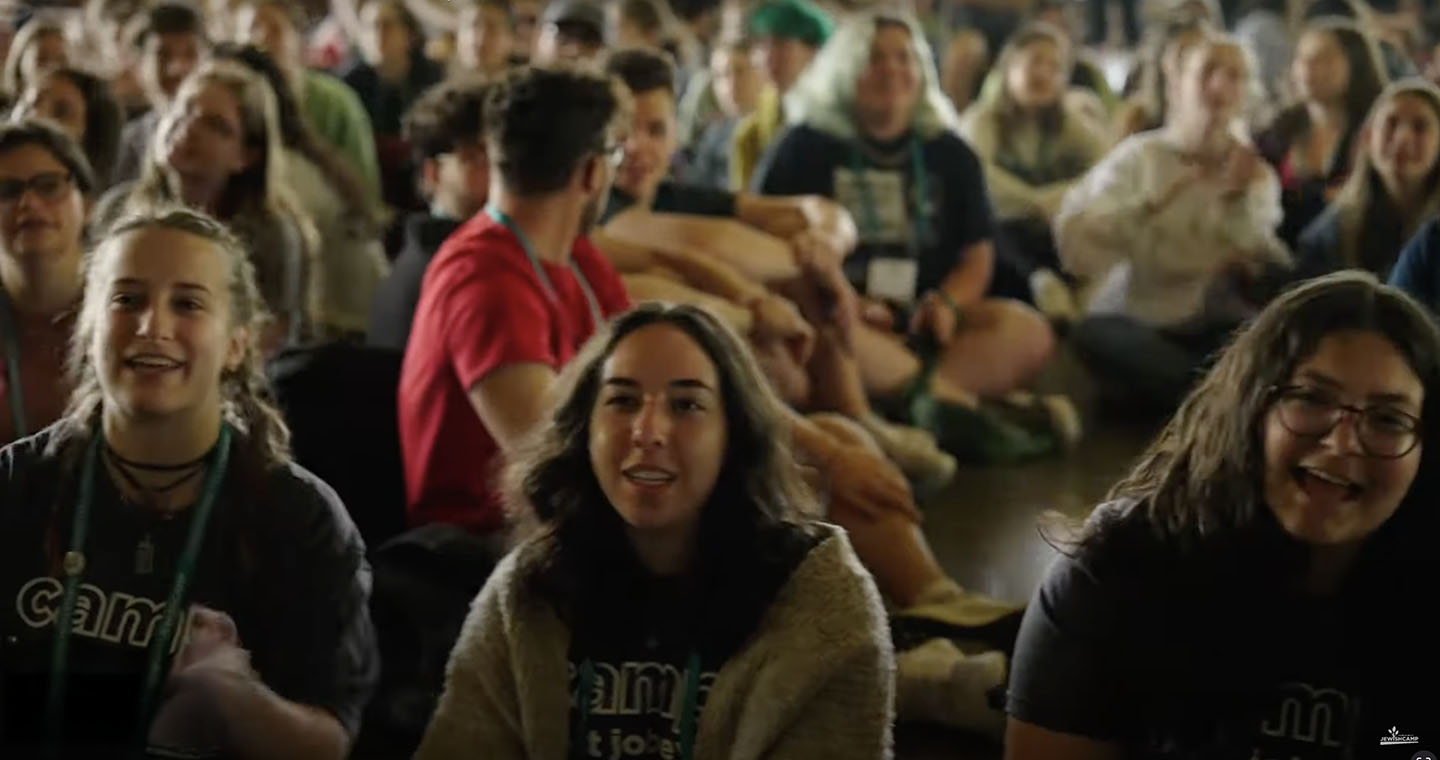

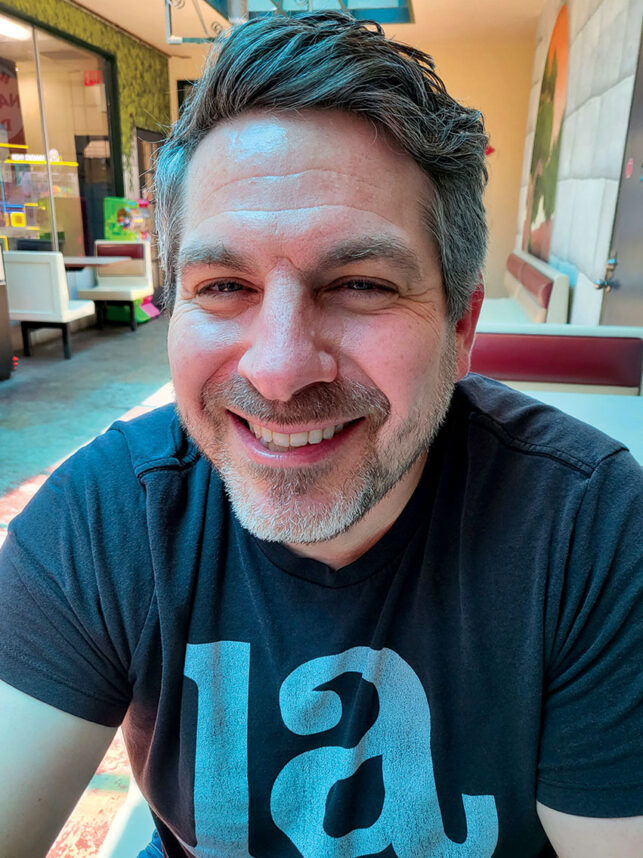
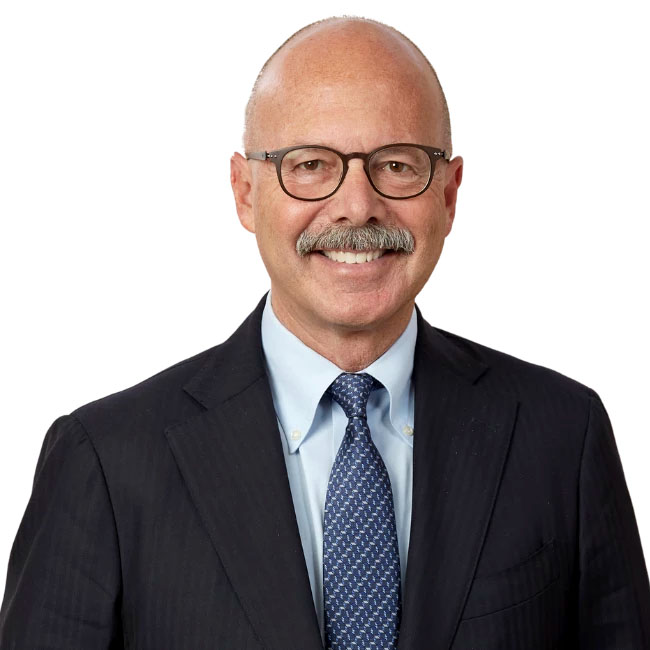

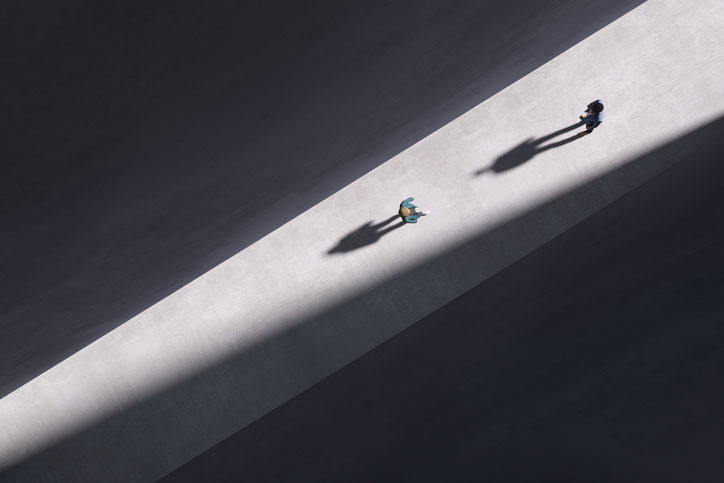
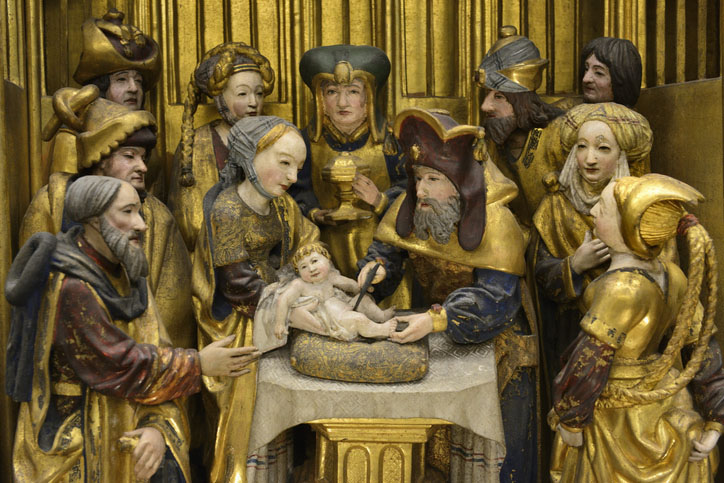
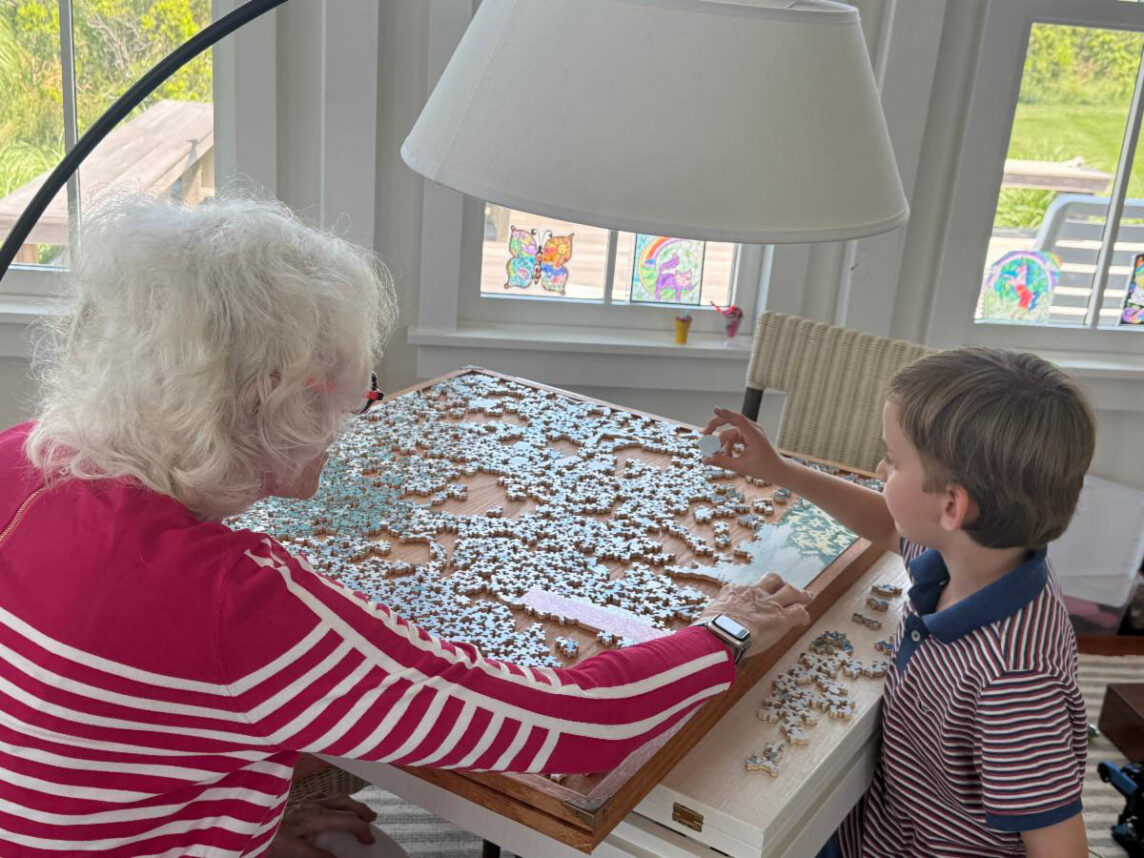
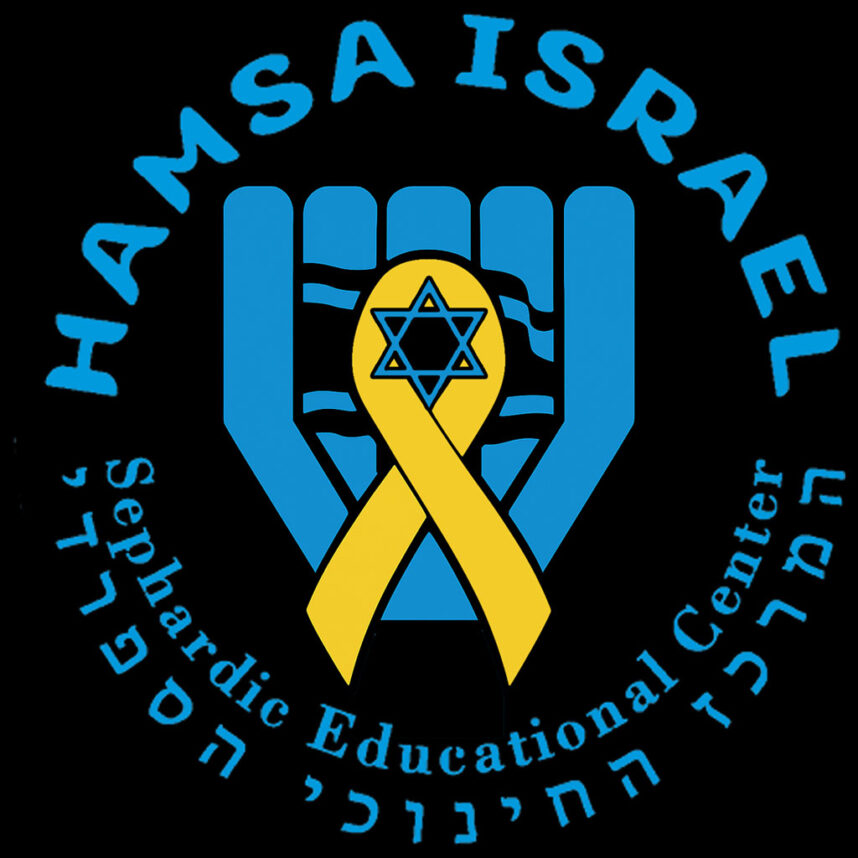
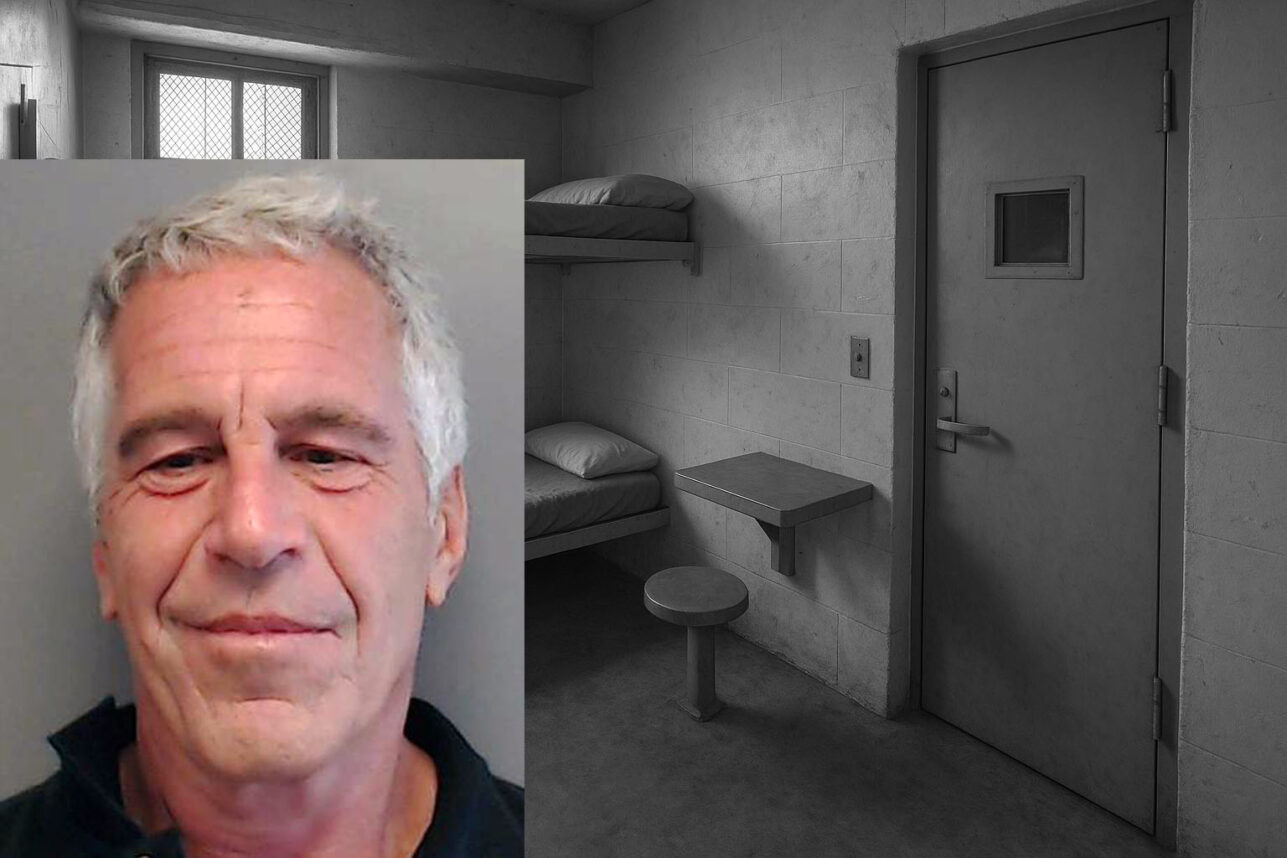
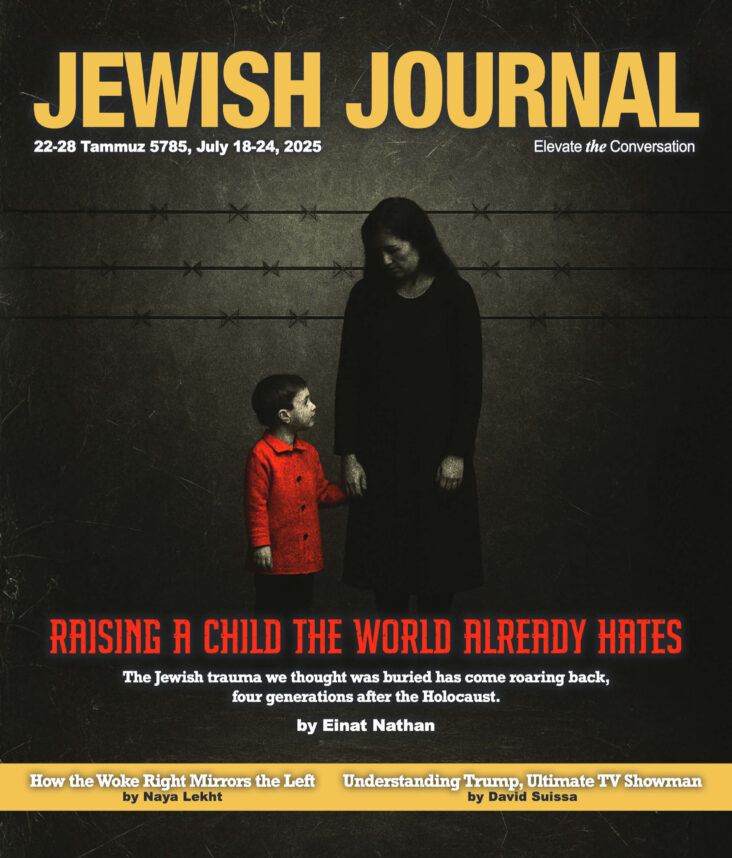
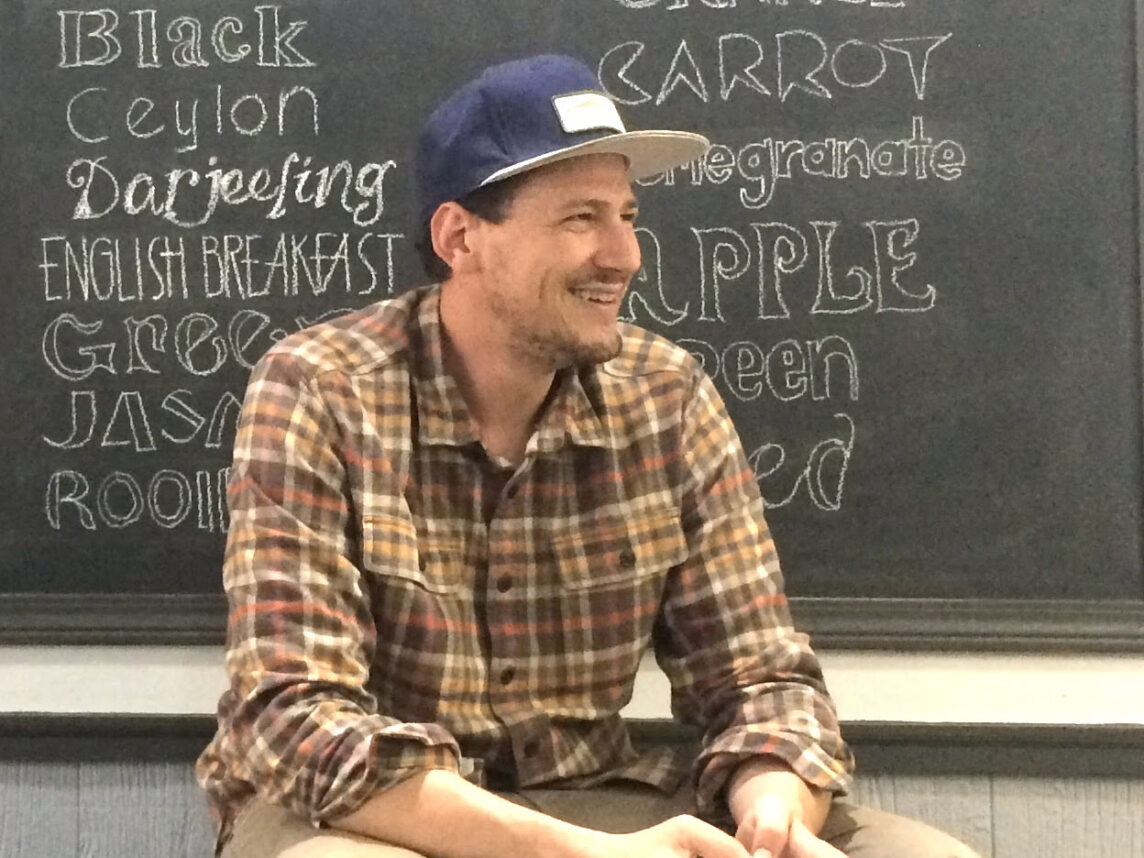
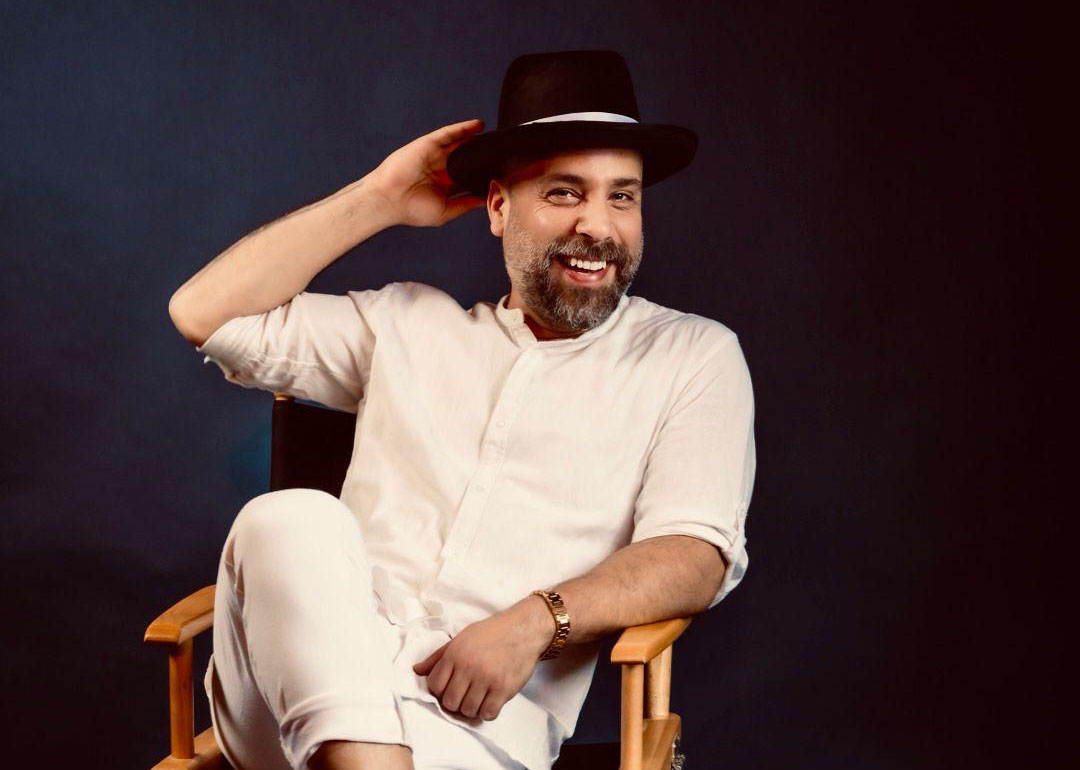
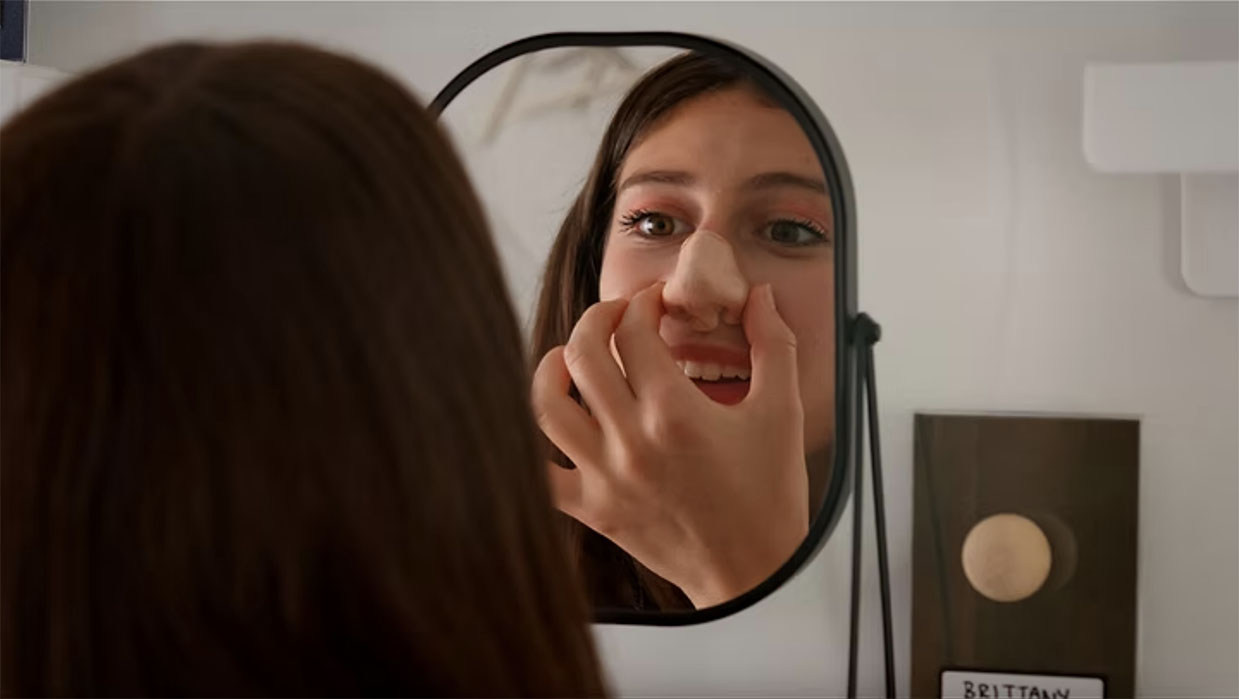
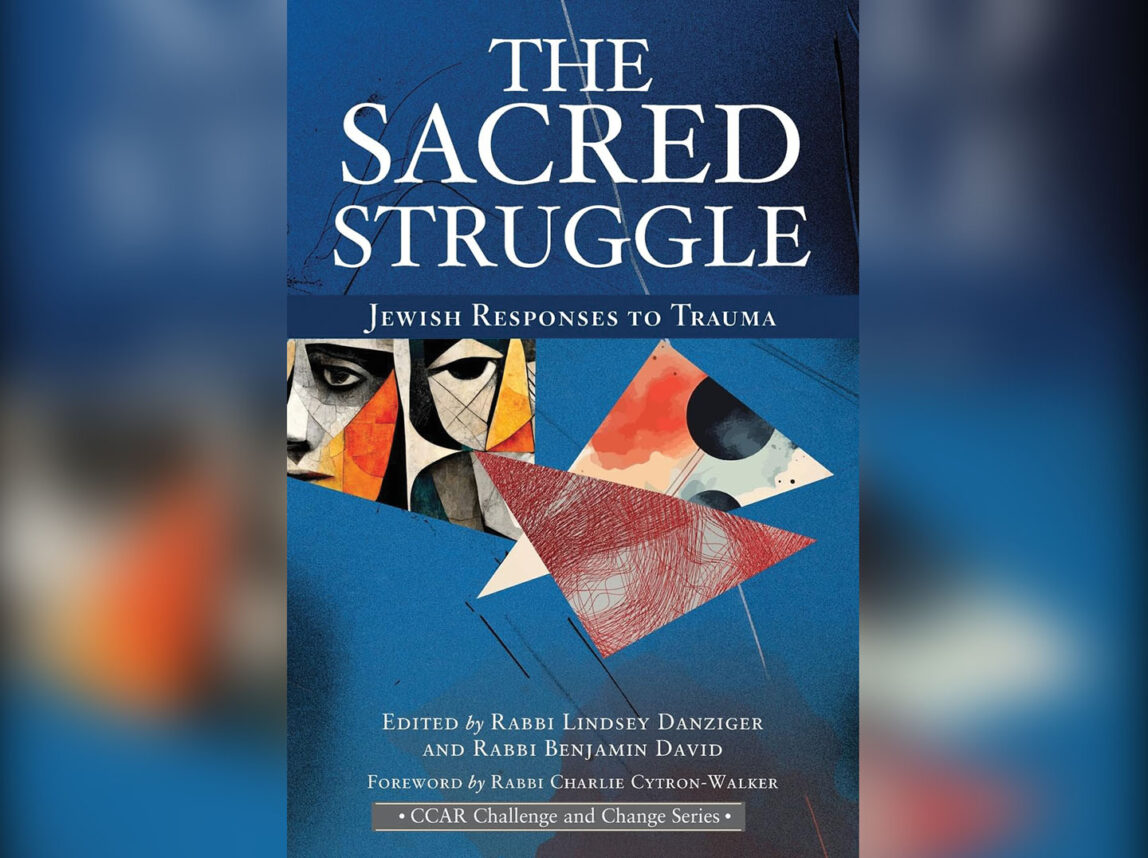
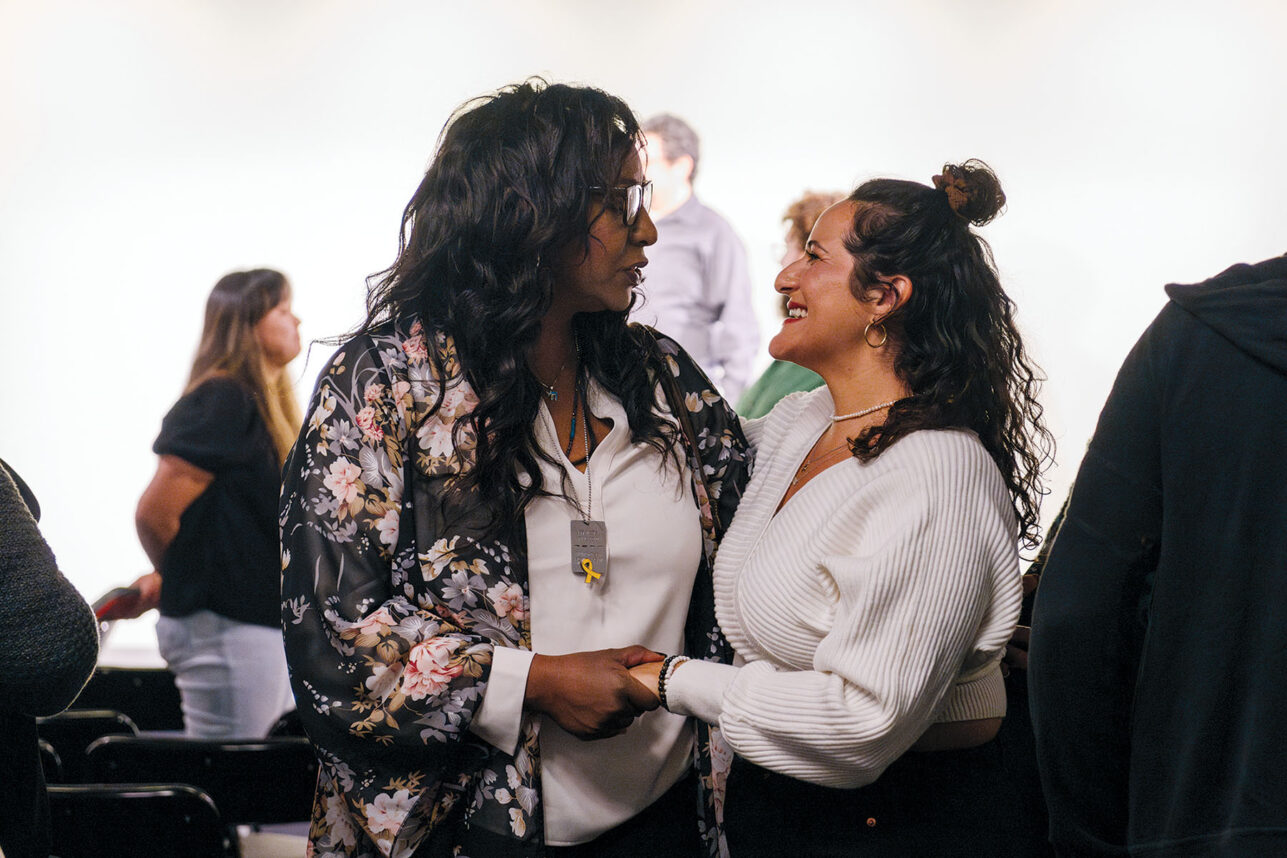
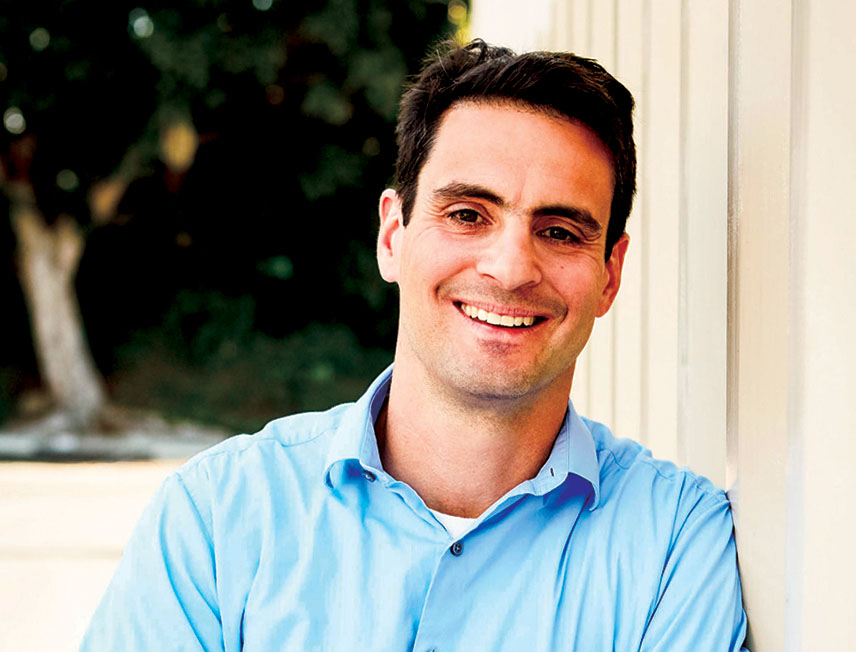
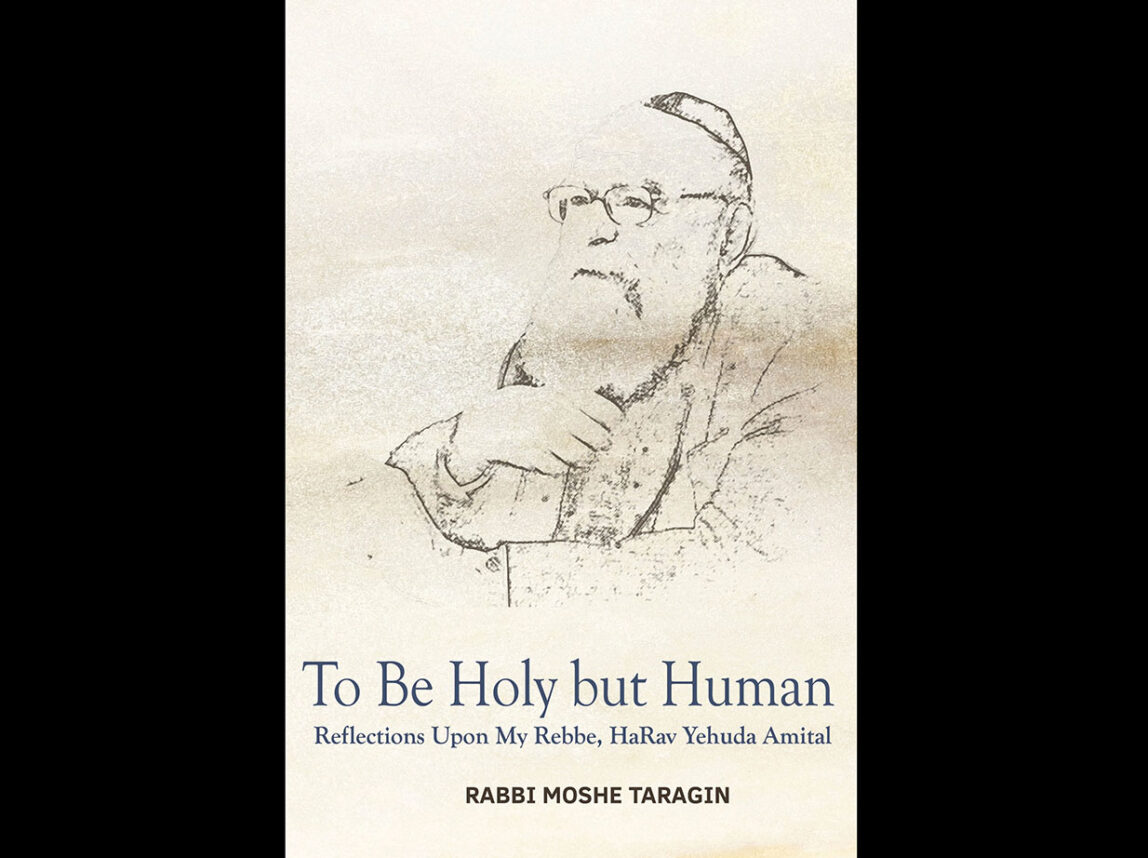
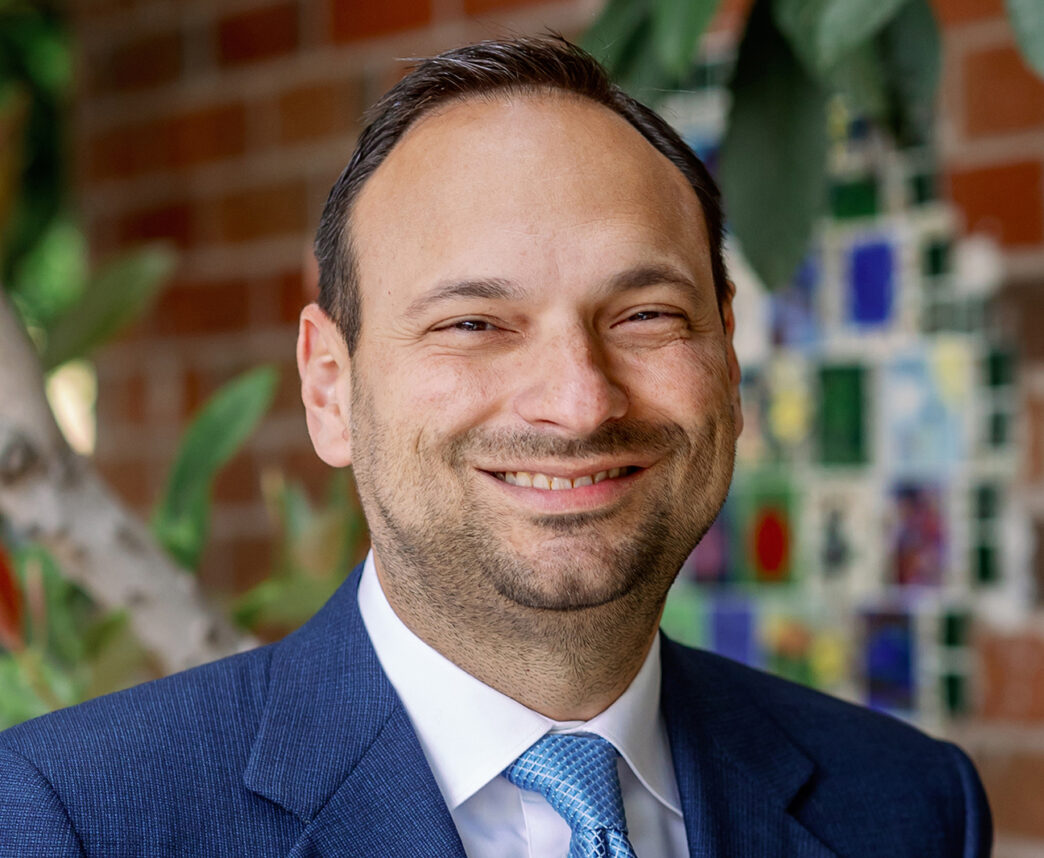
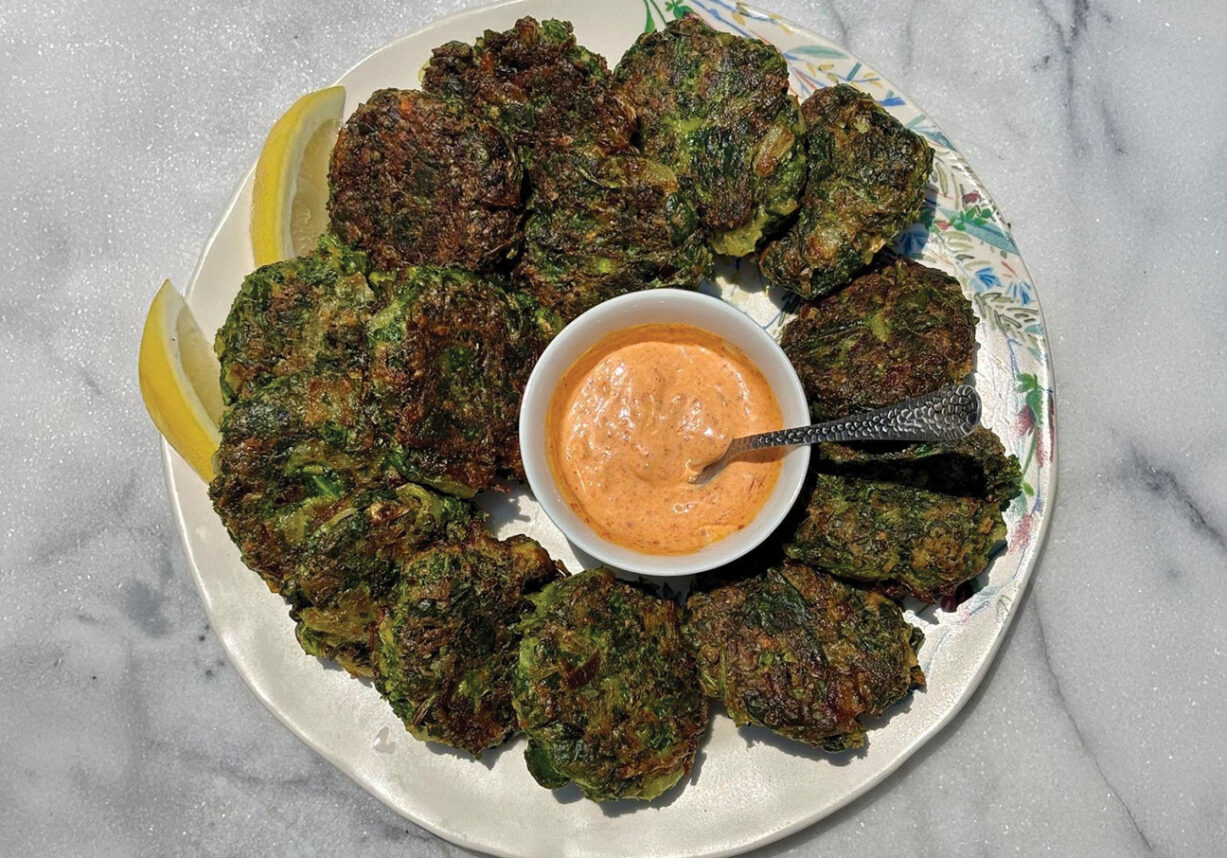
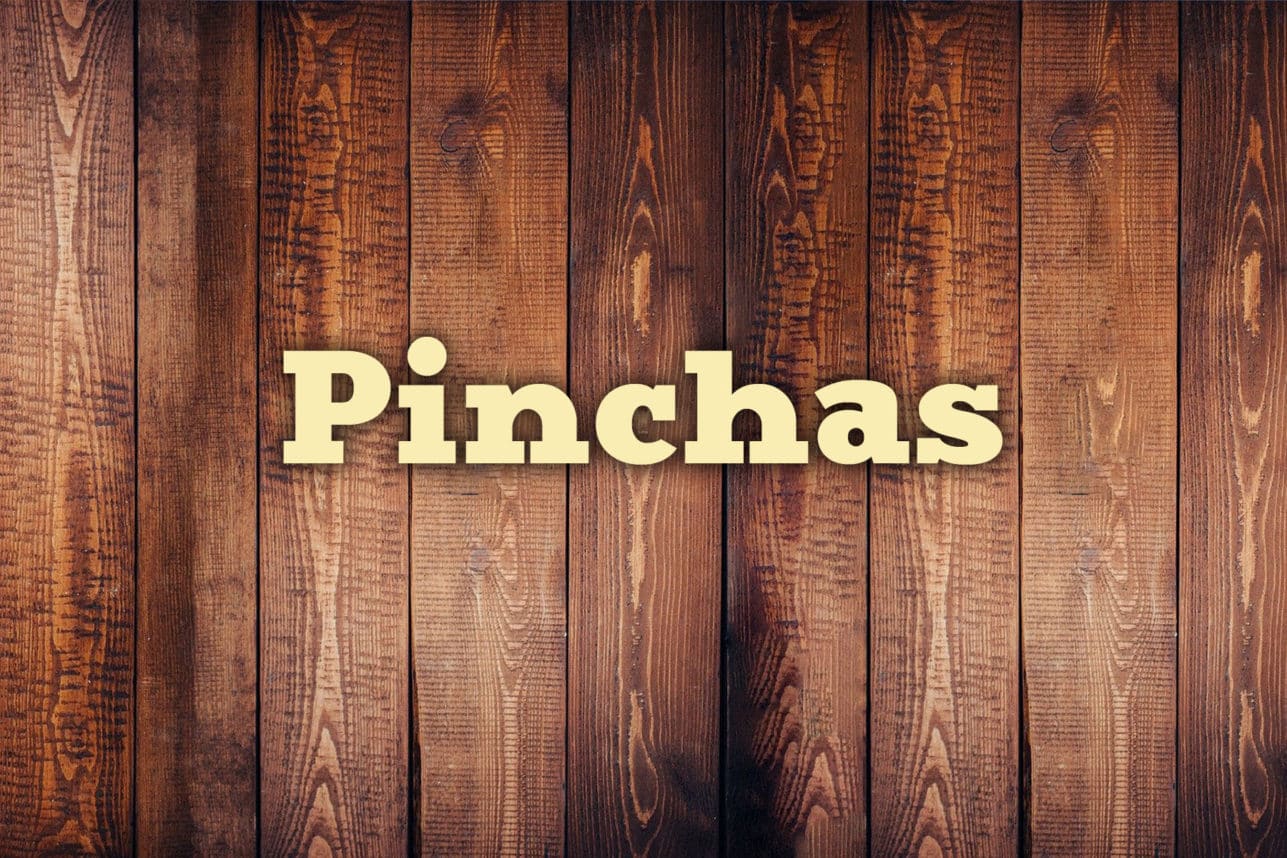
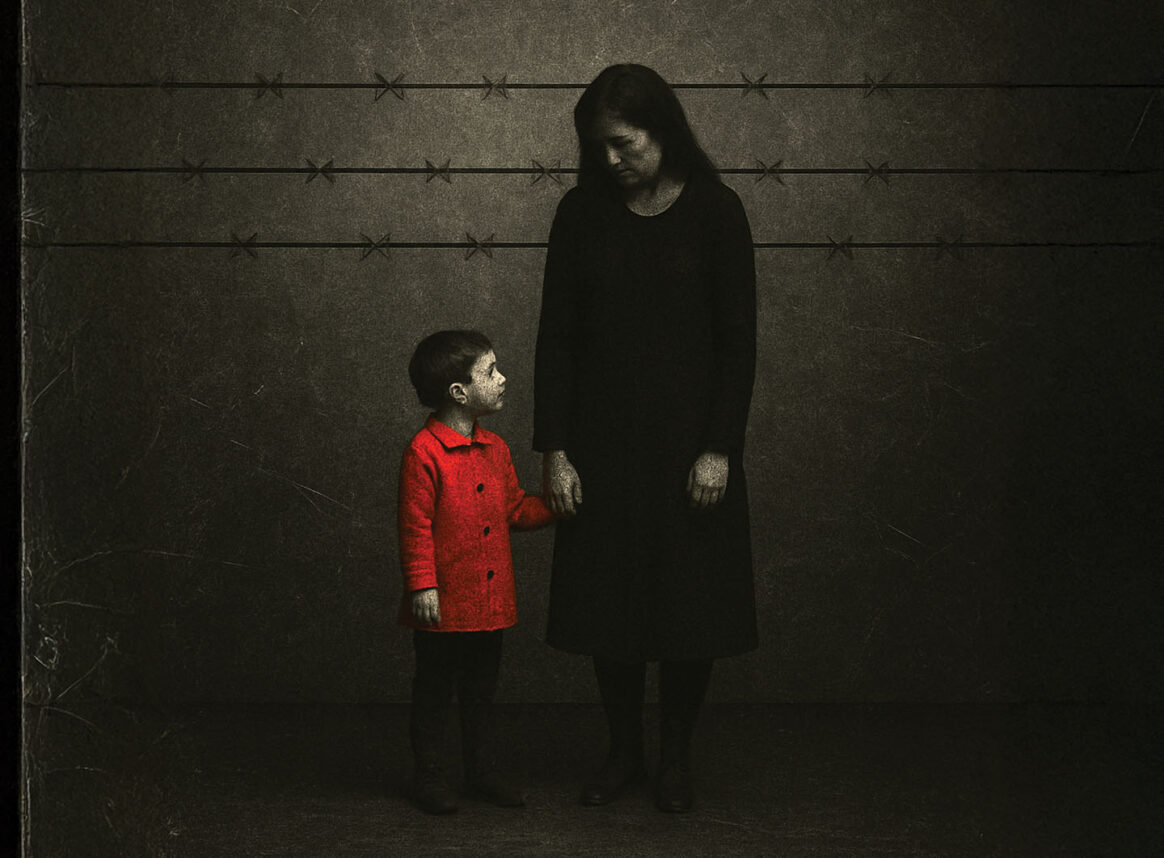
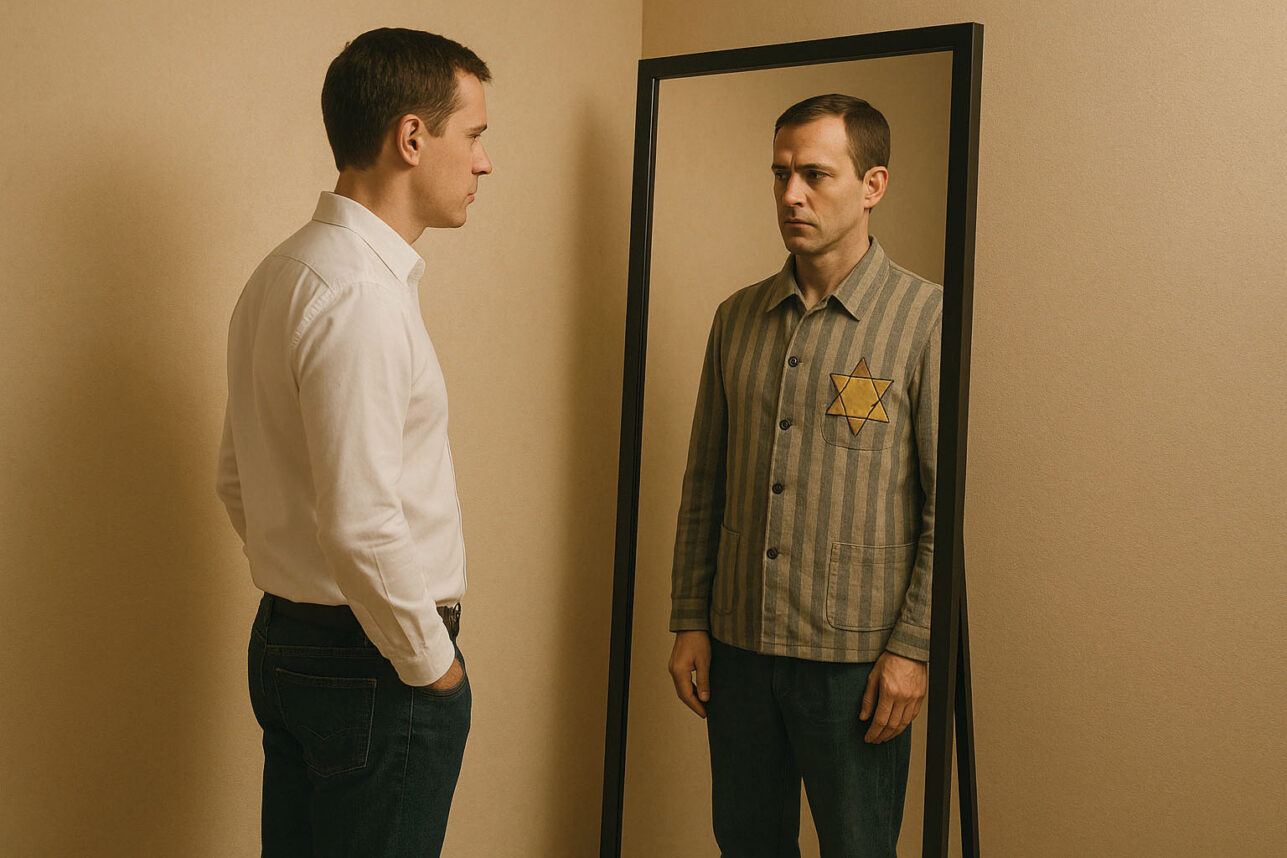
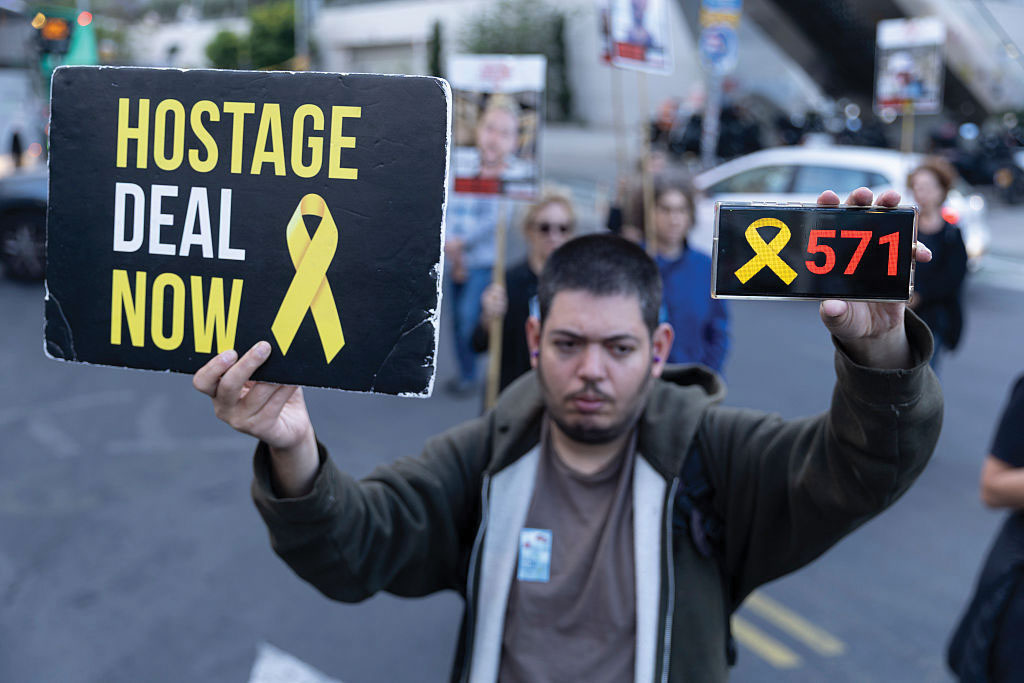
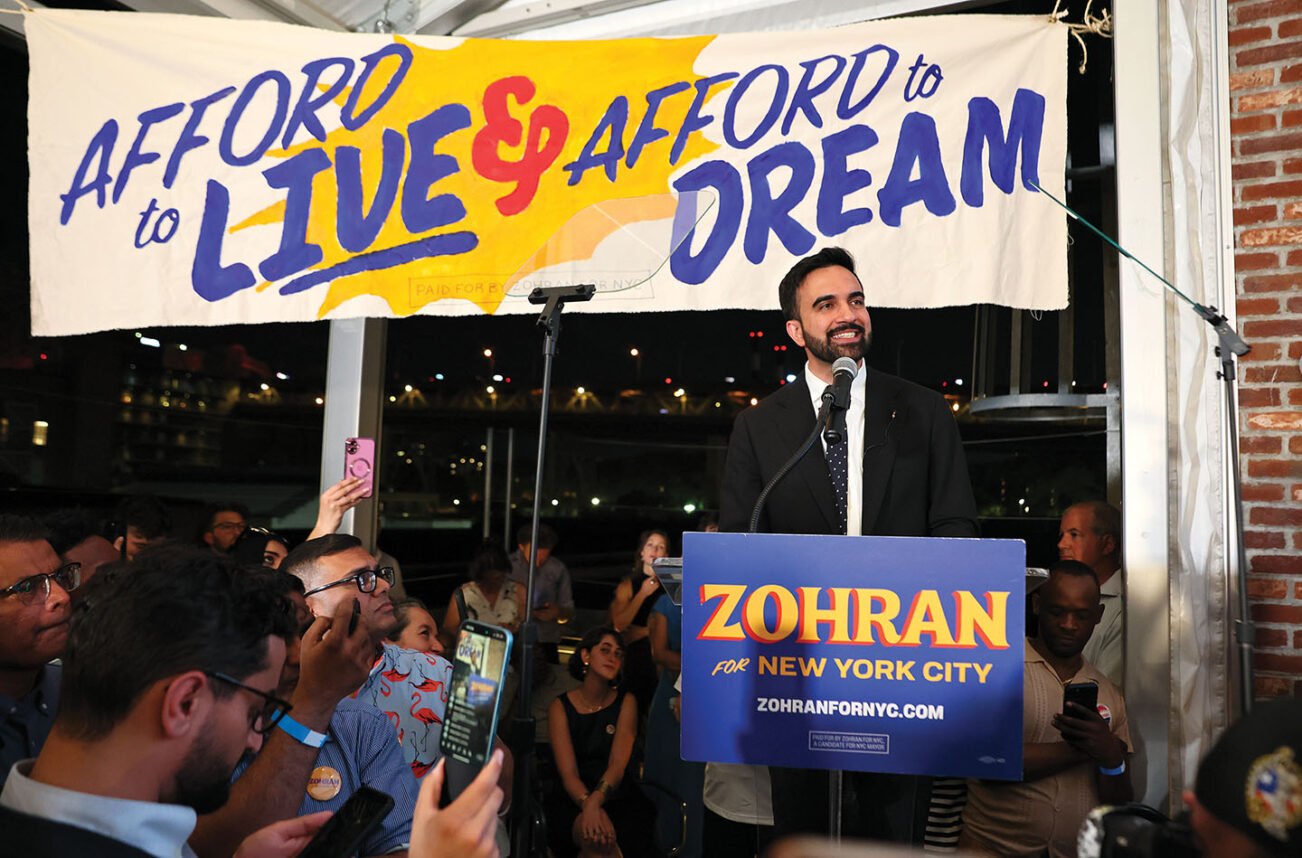

 More news and opinions than at a Shabbat dinner, right in your inbox.
More news and opinions than at a Shabbat dinner, right in your inbox.